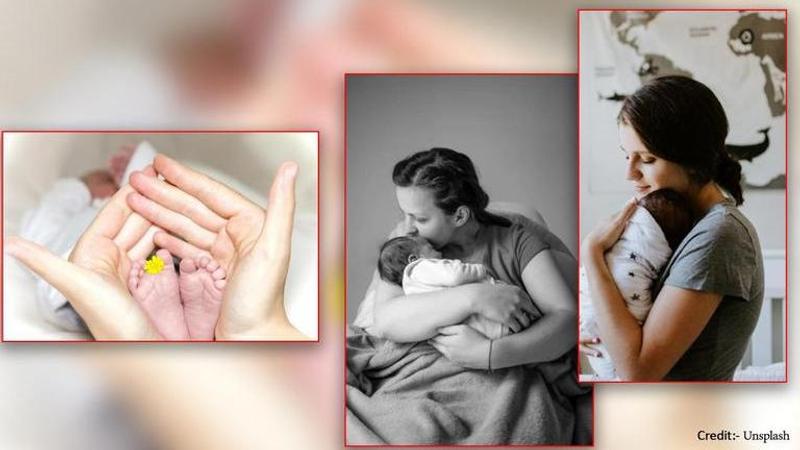Published 13:57 IST, May 9th 2021
'COVID-19 - a crisis for mothers': UN pays emotional tribute on Mother's Day | Watch
Amid the COVID-19 crisis, women are under economic pressures, attenuated access to health care, diminishing social support and unpaid care responsibilities.

The United Nations paid tribute to all the mothers worldwide on the occasion of Mother's Day. Addressing how mothers have "shouldered the burden" of the COVID-19 pandemic and have braved all odds to protect their children, the United Nations Population Fund, formerly the United Nations Fund for Population Activities (UNFPA), shared an emotional video. The UNFPA — that focuses on improving reproductive and maternal health worldwide — issued a statement and wrote about a range of problems faced by women amid the pandemic.
The UN body wrote that the mothers already shouldered 'tremendous financial, physical, emotional and intellectual burdens' before the onset of the pandemic. Amid the COVID-19 crisis, they are under 'increasing economic pressures, attenuated access to health care, diminishing social support and growing unpaid care responsibilities'. The UN agency also said that many of these burdens are crushing.
It further added that the added burden is taking a toll on the long-term health and welfare of mothers. The statement also added that the women have been disproportionately affected by pandemic-related job losses and researchers are starting to see signs of rising stillbirths, maternal mortality and poor maternal health outcomes around the world. It has been reported worldwide that amid the COVID-19 pandemic, people are facing difficulties to get basic health care facilities as the health services have diverted the resources to battle the novel coronavirus.
'COVID-19: A crisis for mothers'
The United Nations Population Fund (UNFPA). while addressing how COVID-19 became a crisis for mothers, wrote that mothers have lost support and stability. They also mentioned that pregnant women are seeing barriers to health-care access, as well as facing issues related to misinformation about the pandemic. Many are uncertain whether and how often to seek maternal health services and there are anxieties as well as challenges like transport limitations and food insecurity.
"There is no business, no money. People are not working... it brings stress, so it is a bad year," said Babirye Aisha, a Ugandan woman living in South Sudan.
"UNFPA is working to increase support for midwives, including through infection control training and the provision of personal protective equipment. UNFPA is also supporting telemedicine and mobile clinics to improve women’s access to life-saving antenatal care and sexual and reproductive health services," read a part of the statement.
"Someone told me that drinking chamomile tea was useful for me and my child and prevented us from being infected with the COVID-19 virus," said one pregnant woman in Aleppo, Syria.
"I felt the need to avoid health institutions for my prenatal checkups. I didn't feel it was that safe to give birth in a hospital," Amira Cerimagic told UNFPA in Sarajevo, Bosnia and Herzegovina.
"Patients fear that they'll be infected with COVID-19 if they go to the facility. There were a lot of attempted home deliveries," Noreen Ada, a nurse in the Philippines, explained.
The UNFPA concluded by giving a longer-lasting solution to these greatly unequal burdens on mothers. The UN body said that gender equality, social norms should be established that value and support mothers. "Society must stop asking and expecting, mothers to do the impossible. It may be hard to imagine, but a better world for mothers is possible," the statement read.
IMAGE: Unsplash
Updated 13:57 IST, May 9th 2021




